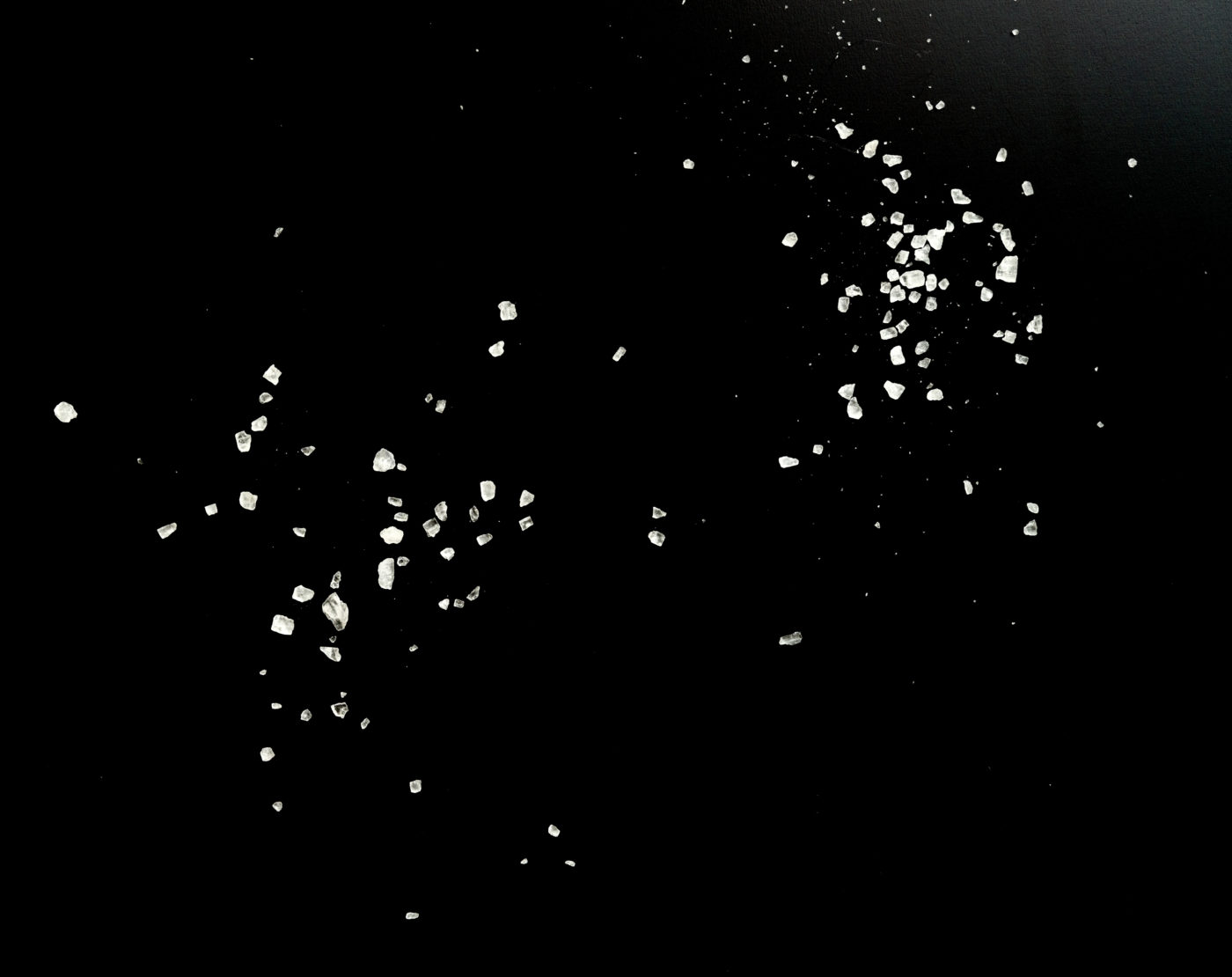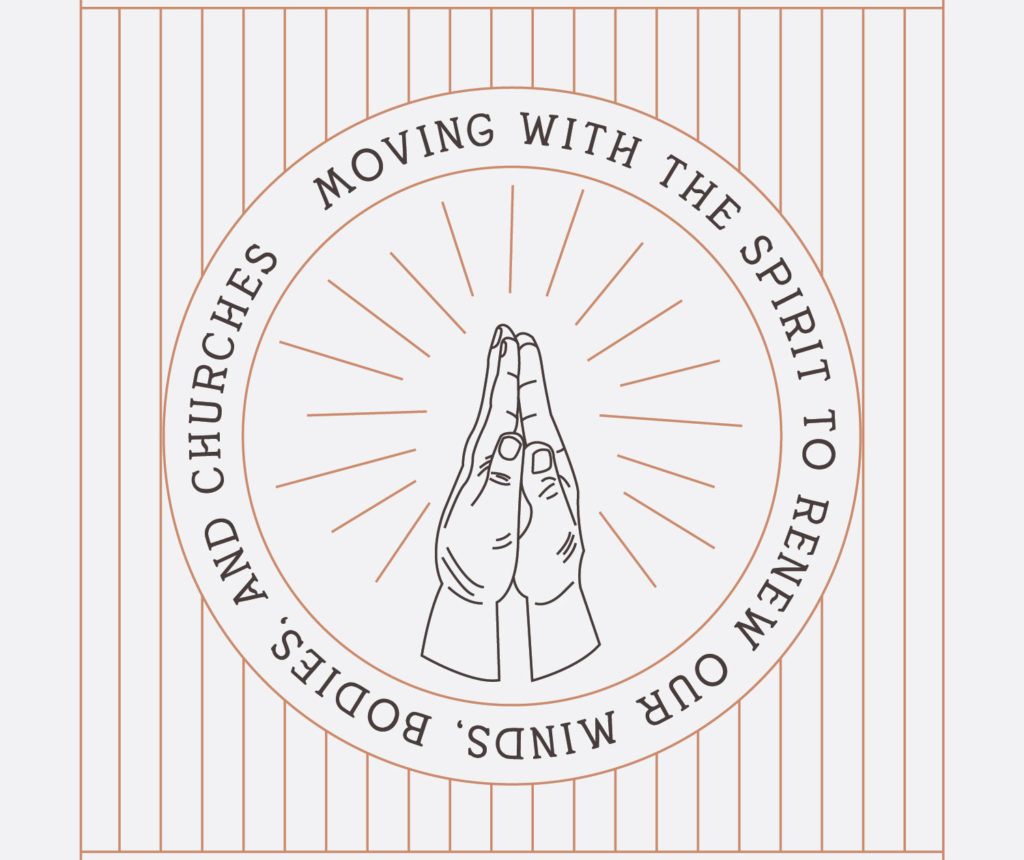
Sermon on the Mount: Salt and Light
When Jesus says, “You are the salt of the earth/light of the world (Mt. 5:13-14), remember that his direct audience is the disciples. The “you” refers to those people who actually live out the things he is saying. But he immediately puts these folks in context: they are living out his principles in the world. And they have an effect on it. Jesus expresses this effect with nice Hebrew parallelism:
“You are the salt of the earth . . . You are the light of the world.”
Much hand-wringing has gone into figuring out what characteristic of salt Jesus is thinking of.
Salt can be a seasoning, but it can also be a preservative. Now, the idea that believers are a preserving presence in the world is a nice theological note. It does have scriptural support (Gen. 18:20-32; Acts 27:21-25). But it doesn’t really fit the parallelism.
The obvious feature of light is that you notice it. It makes a distinct difference. Salt as flavoring has that immediate impact in a way that salt as preservative doesn’t. If you add salt to something you’re eating, you notice the difference immediately. Just like if you turn the lights on in a room. (Also, the verb Jesus uses in 5:13 could very well be translated, “become bland.”)
So Jesus is saying that people who live out the kingdom life are distinctly different. It’s noticeable–in a good way. Dropping the metaphor entirely, the result is, “That [the world] may see your good deeds and glorify your Father in heaven” (Mt. 5:16).
Jesus is saying that people who live out the kingdom life are distinctly different.
What good deeds?
Like most things in the Sermon on the Mount, Jesus takes our understanding of “good deeds” and turns it completely inside-out.
The Sermon on the Mount has two major discussions about things we should do: one on fulfilling the heart of the law (Mt. 5:21-48) and one on avoiding a religious show (Mt. 6:1-18). Introducing the discussion in chapter 6, Jesus literally calls visible religious acts–giving, praying, fasting–“righteousness” (Mt. 6:1). Elsewhere he refers to almost the exact same things as “deeds” (Mt. 23:5). He seems to use “good deeds” and “righteousness” interchangeably in this context.
So it would be very easy to conclude that these “righteous” acts–giving, praying, fasting—are the “good deeds” that the world sees, and it then glorifies God because of them. Except they’re definitely not. The whole point of the discussion in chapter 6 is to keep those things to yourself. Do them in secret specifically so that the world doesn’t see them. The world just thinks they’re weird, anyway. It is not impressed.
So that just leaves the last half of chapter 5. But the whole goal of the discussion there is to point, not to external acts, but to the heart.
The focus is on character–heart attitudes that show themselves in how we treat others. This is what Jesus is interested in. This is what he wants the world to see–a heart that has been transformed by him.
These attitudes are not what the world is used to: respecting others by refusing to have contempt for our brothers and refusing to objectify our sisters; communicating sincerely; living from a heart of grace; loving even those who are harming us. That way of living is distinctly different. It is definitely noticeable. And it makes things better.
When the world see us living that way, it begins to think that God might not be so bad, after all.
So is that what the world is seeing?
Now, I realize that we’re fighting uphill on this one. The “rigid, angry religious person” is a convenient literary trope. That narrative is familiar and comforting and can generate a lot of internet clicks. But we have to own the fact that, if it ran counter to most peoples’ experience, it would ring hollow. But it doesn’t. So we need to ask ourselves two questions:
#1 – Is the world seeing us at all?
Or have we successfully walled ourselves into our colonial-era missionary compounds? We have tons of our own social get-togethers and meeting places, our own schools, our own entertainment, our own news, even our own dating sites. We have everything we need to do life without interacting with those filthy pagans. If that sounds at all familiar . . . stop it. That is direct disobedience against the second command in the Sermon on the Mount:
“Let your light shine.” (Mt. 5:15).
Learn your neighbors’ names. Talk to the people you encounter at work. Even better, listen to them. If there’s a hobby you enjoy, join a club. Maybe even revive the ancient practice of having people over for dinner. If you’re really ambitious, the gold standard for building cross-cultural understanding is to work together toward shared goals. However you do it, be around people who are not of your tribe. You just might end up making some new friends.
The second question is a lot harder:
#2 – Are we being transformed?
A city on a hill could be pretty easy to miss if there aren’t any lights on.
I was interviewing for a position at a Bible college once. The subject of transformation came up, and one of the faculty members asked/commented, “I keep hearing people talk about transformation, but I’m not sure what that actually means.” I responded, “I think it just means growing in our ability to love God and other people.” I wanted to add, “If that isn’t happening, then everything we’re doing here is a waste of time.”
A friend of mine was talking to a retired minister. He asked him, in all his decades of ministry, how many lives he saw really, truly changed. The answer was two.
In his interview for “The Unfolding” podcast, Brant Hansen talked about a meeting he had with a former youth minister and mentor. This man had since left the faith because the Christian story said that people should change. But he didn’t see people changing. This became a faith crisis for Brant himself.
It’s a question we need to seriously ask ourselves. Are we seeing Christians radically transformed so that they are living out the Kingdom life? Or is Christianity just a convenient framework for constructing our tribal identity?
Brant didn’t get any resolution to this question until he did some overseas work. There, he encountered Christians who were following what Jesus taught–things like praying for your enemies. As Brant puts it, they were actually doing the stuff. They were distinctly, noticeably different. And Christ was present so powerfully that miracles were happening. The Story works.
The problem with the relative lack of transformation that we see in America is not with the Church itself. It may just be the American church. The world does not see our light because, on the whole, the American church may be deeply sick. That’s no good because Jesus’ discussion includes a very serious warning.
“But if the salt loses its saltiness, how can it be made salty again? It is no longer good for anything, except to be thrown out and trampled underfoot.” (Mt. 5:13b)
Forget all the chemistry involved–that salt can’t actually lose it’s saltiness. But if that were possible–if it could lose just the property of taste but not any of the others–how would you fix it? Add salt? It’s done. You’re not going to put that in your food anymore. All you can do with it now is use it for weed killer.
To put it in contemporary terms, Christianity in America has become a toxic brand. Good luck selling that.
The only hope we have of turning this around, of avoiding the ultimate consequence of being “thrown on the ground to be trampled by men” is to listen to what Jesus is saying.
As Brant says, we need to start “doing the stuff.” Let the Kingdom take hold of us, shake us, convict us, change us. Otherwise, we’re just offering more of the same. The world doesn’t need more darkness. It doesn’t need more banality. It needs to see something noticeably, distinctly different. It needs us to be transformed.
A city on a hill could be pretty easy to miss if there aren’t any lights on.









